http://www.reclaimcamissa.org
After an adventurous walk about with Dr. Eliot Taylor, the Technical Coordinator of Water and Wetlands (Eastern & Southern Africa) at IUCN, his genius suggestion to quantify the water wasted and it's potential to produce power, versus what it is costing the Western Cape Department of Water Affairs (DWA) and the City of Cape Town (CoCT) to pump the equivalent water from the Overberg on a daily basis, was an eureka moment.
Due to the elevation at which these springs issue, the energy potential is tremendous, and historically it was this water which turned the wheels of industry in Cape Town. We still need to get a Hydro-Engineer or Hydrologist to help with the kilowatt figures, so that we can do a comparable study. RECLAIM CAMISSA has indeed pioneered this previously, see here.
Two of the five springs in the Field of Springs are producing 5.5million litres of water per day - wasted through the tunnels under the city's streets; and we now have twenty-five springs in our database for the City Bowl.
RECLAIM CAMISSA's Pilot Project: THE FIELD OF SPRINGS, for which we were awarded a Provincial Government Western Cape (PGWC) 110%GREEN Flagship Project on World Environment Day, last year pertains. Accordingly the benefits of the pilot project translates to:
1. R8.5m or R16.6m per annum if one goes on (only) 4million litres/day (retaining 1.5million/day out of the 5.5million for eco-reserve in the filtration ponds) using the lowest residential water pricing tariff of R5.85 per kl or R11.42 per kl for commercial and industrial usage as published in the City's Integrated Development Plan.
2. Revenue generated by the capture and sale of this water could be utilized to develop other aspects of RECLAIM CAMISSA as subsequent self funded initiatives that would contribute towards skills upliftment and job creation; and hence contribute significantly to the showcasing of a green city and green economy.
3. The project in capturing potable water at source for domestic and or commercial use would enable the city to embark on a project by satisfying water needs closer to source with the resultant reduction in infrastructural expansion and maintenance; and with the simultaneous reduction in disaster risk management strategies necessitated by water catchment management areas that are geographically remote from the point of consumption. This would translate into a reduced treatment and supply cost per kl compared with conventional water supply strategies.
4. The water captured by RECLAIM CAMISSA of the two springs thus identified, out of a possible twenty-five springs (although only approximately fifteen of these would be for potable use - the balance for urban landscaping; street trees; fields; parks, etc.) equates to the free basic water supply at 20,277 homes - without impact on the water resources as this is water not currently captured. As such the project benefits the wider Cape Town community notwithstanding its geographic positioning within an affluent suburb.
Sadly, RECLAIM CAMISSA's Pilot Project: THE FIELD OF SPRINGS remains on hold...
This is a citizen-scientist open source database. By acknowledging and referencing the source, you are welcome to use the material and information provided here for the common good.
All research, spatial framework and proposals are the intellectual property of Caron von Zeil.

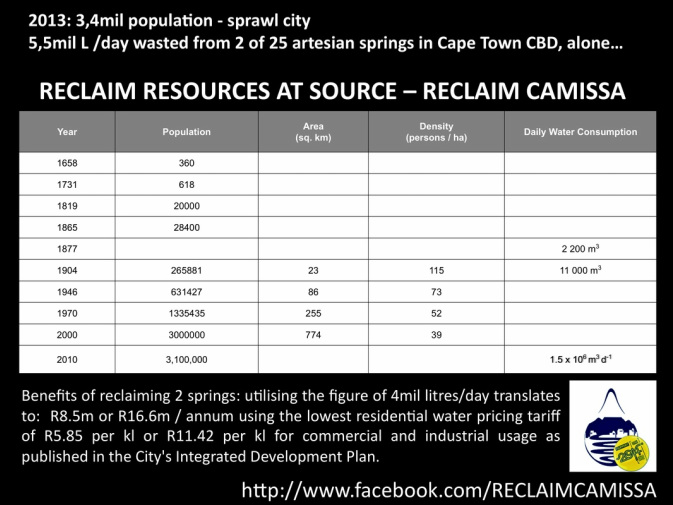
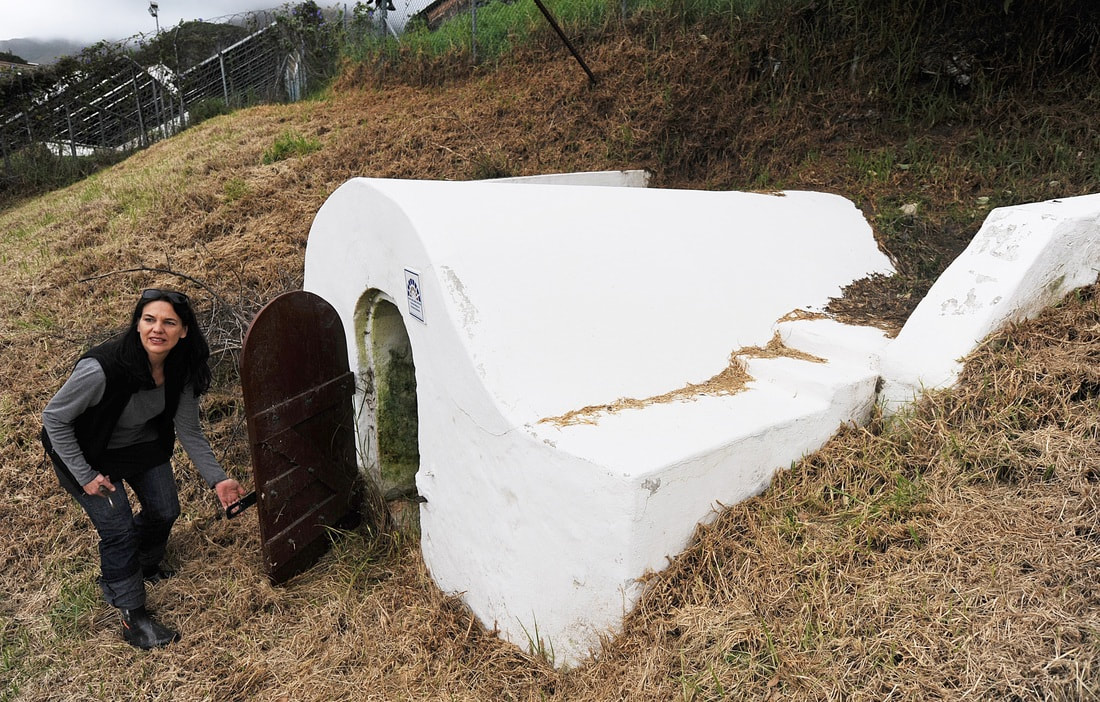
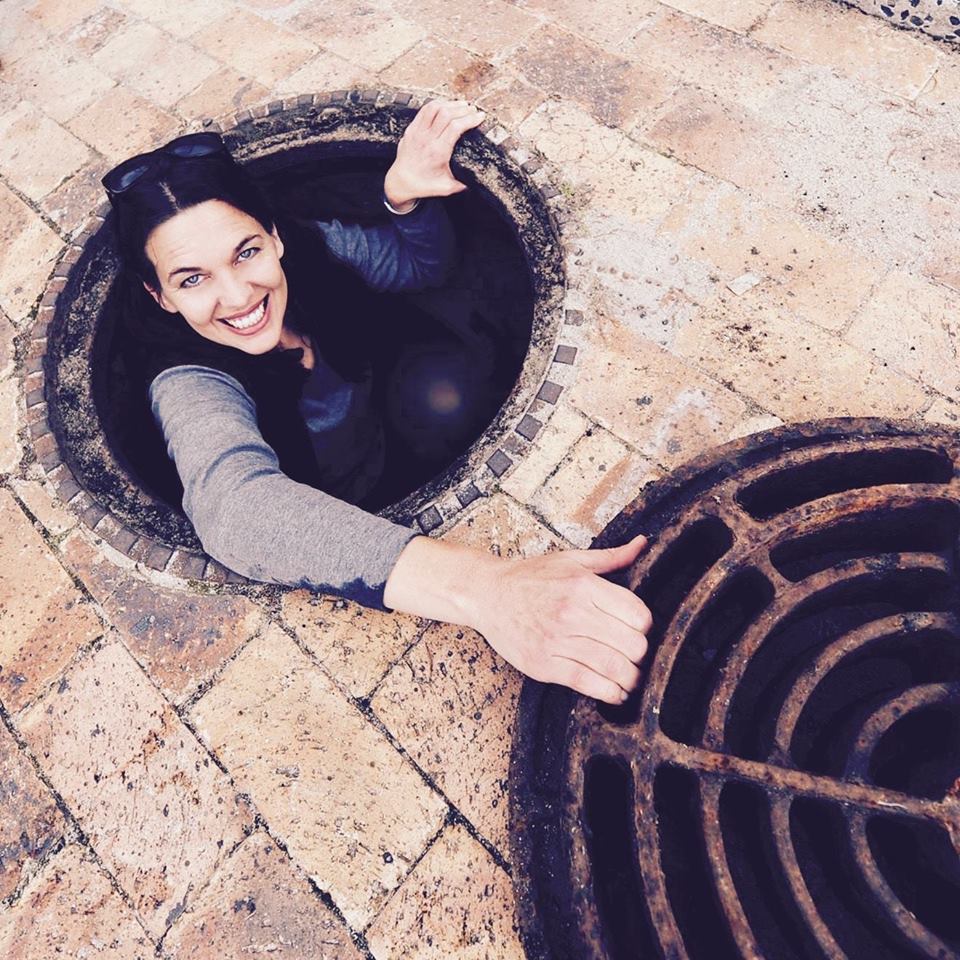
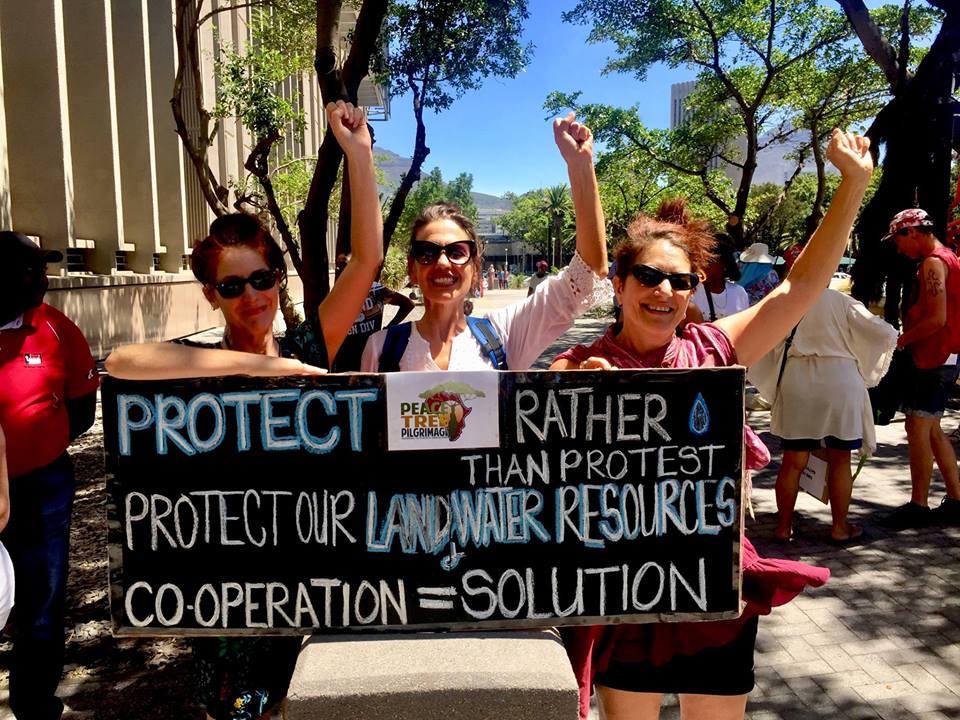
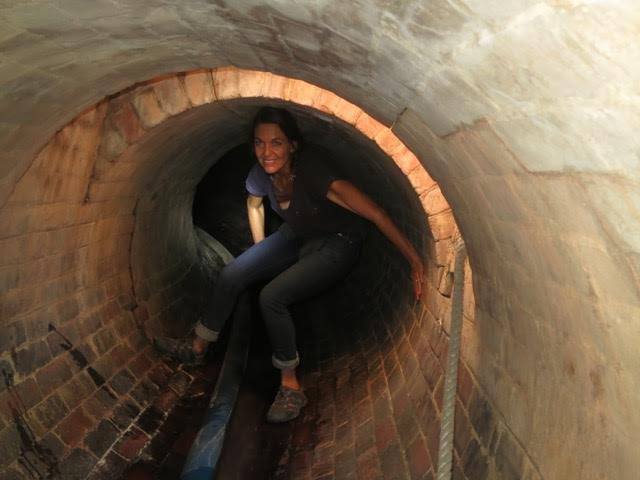
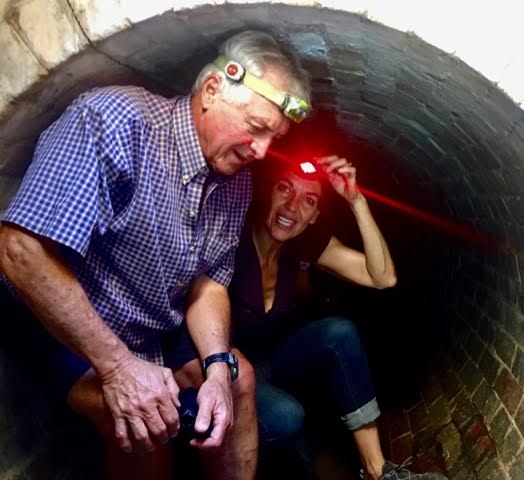
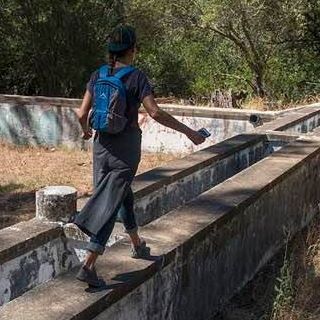
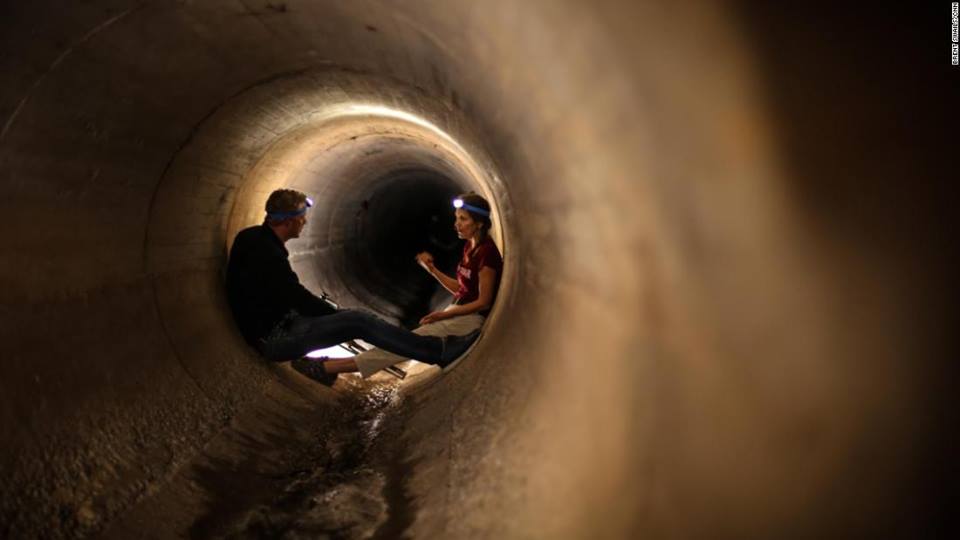
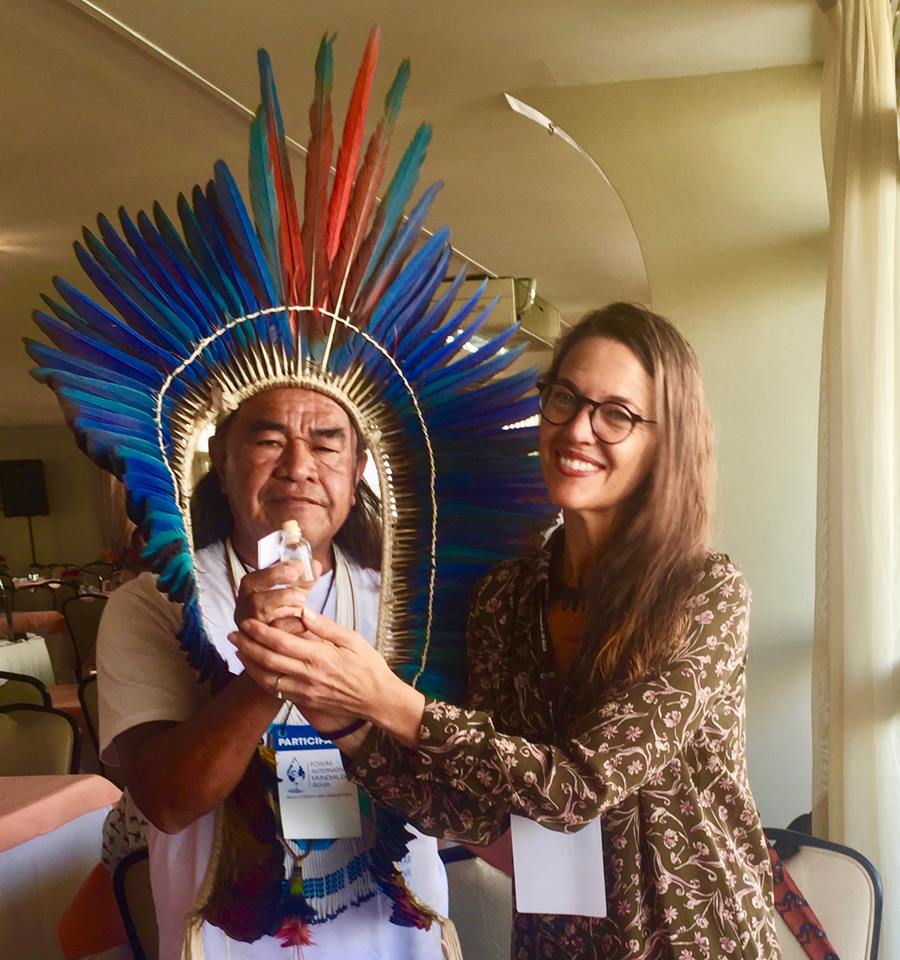
 RSS Feed
RSS Feed
